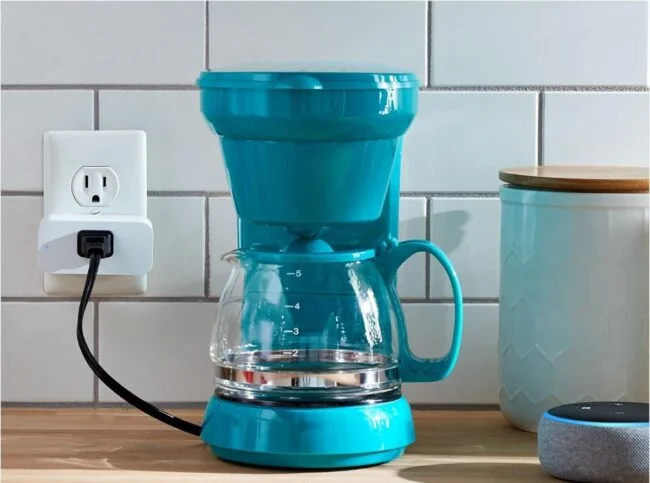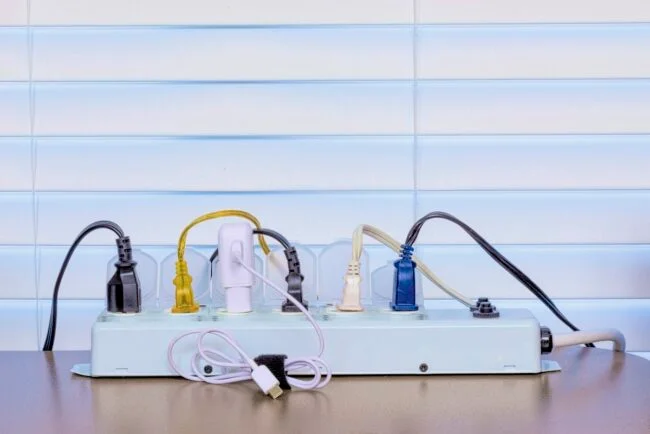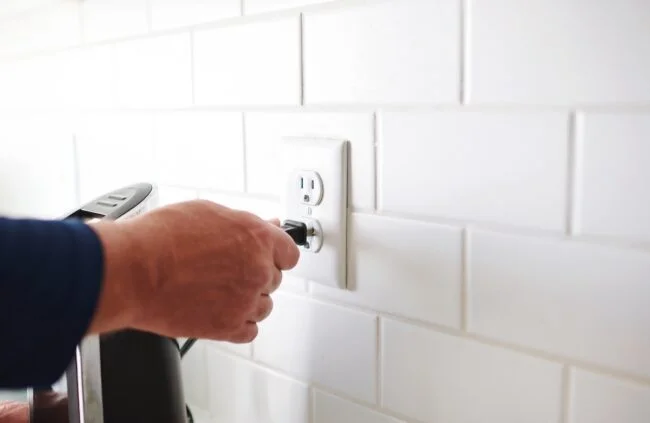Avoid letting energy vampires drain power and inflate your utility bills when they’re not even in use.
Q: A friend suggested that I should start unplugging my appliances when they’re not in use to save electricity. Does unplugging appliances actually save electricity? It seems like they shouldn’t be drawing any power if they’re turned off.
A: You’re not alone in questioning whether unplugging appliances saves electricity. Surprisingly, your friend is correct. Leaving appliances plugged in after use is a common oversight leading to unintentional energy waste. Small amounts of energy, known as ‘standby power’ or ‘phantom load,’ are consumed even when appliances are turned off. Antoni Singer, founder of Breezer Freezer, explains that this energy sustains features like clocks, displays, or remote control readiness. The Department of Energy notes that an appliance drawing about 1 watt constantly will use the equivalent of 9 kilowatt-hours (kWh) annually. Homeowners could incur an additional $100 to $200 per year in energy costs for keeping non-essential electronics plugged in and on standby.
As Singer emphasizes, “While these energy draws may seem insignificant individually, they accumulate over time, leading to higher energy bills and increased environmental impact.”

Unplugging appliances not only saves money but also reduces electrical risks. Beyond electricity conservation, unplugging electronic devices when not needed minimizes the risk of electrical fires. Power surges from lightning strikes, faulty wiring, or electrical overload can be hazardous. Unplugging devices prevents overheating and potential fire hazards, especially when you’re not home to detect early warning signs.
For practicality, consider using power strips with switches or smart plugs. Devices like the Belkin Power Strip Surge Protector or Amazon Smart Plug simplify the task of turning off multiple appliances with a single switch or virtual assistant command.
The 8 Biggest Energy Vampires You Should Be Unplugging:
Given the multitude of appliances in most homes, unplugging every device might not be feasible. However, here are some energy-draining culprits you should unplug whenever possible:

- Computers and laptops: Even in standby mode, they consume 15 to 20 watts of energy. Using a power strip makes it easy to shut them off.
- Game consoles: Constantly pulling power to remain ready, consider unplugging them when not in use.
- Light fixtures: Advanced fixtures in standby mode constantly draw energy; unplug when unnecessary.
- Cell phone chargers: Unplug after each use or connect them to a power strip switched off when not needed.
- Set-top cable boxes and DVRs: Older models can pull up to 45 watts of energy, even when not in use.
- Microwaves: In standby mode, they pull about 4 watts, accumulating to 35 kWh annually.
- Small kitchen appliances: Unplug coffee makers, air fryers, and toasters to save up to $20 annually.
- Space heaters: Unplugging when not in use reduces the risk of fires and saves on utility bills.
In conclusion, adopting the habit of unplugging appliances when not in use is a simple yet effective way to conserve energy, reduce bills, and mitigate potential hazards.
image source : bobvila – istockphoto – amazon










